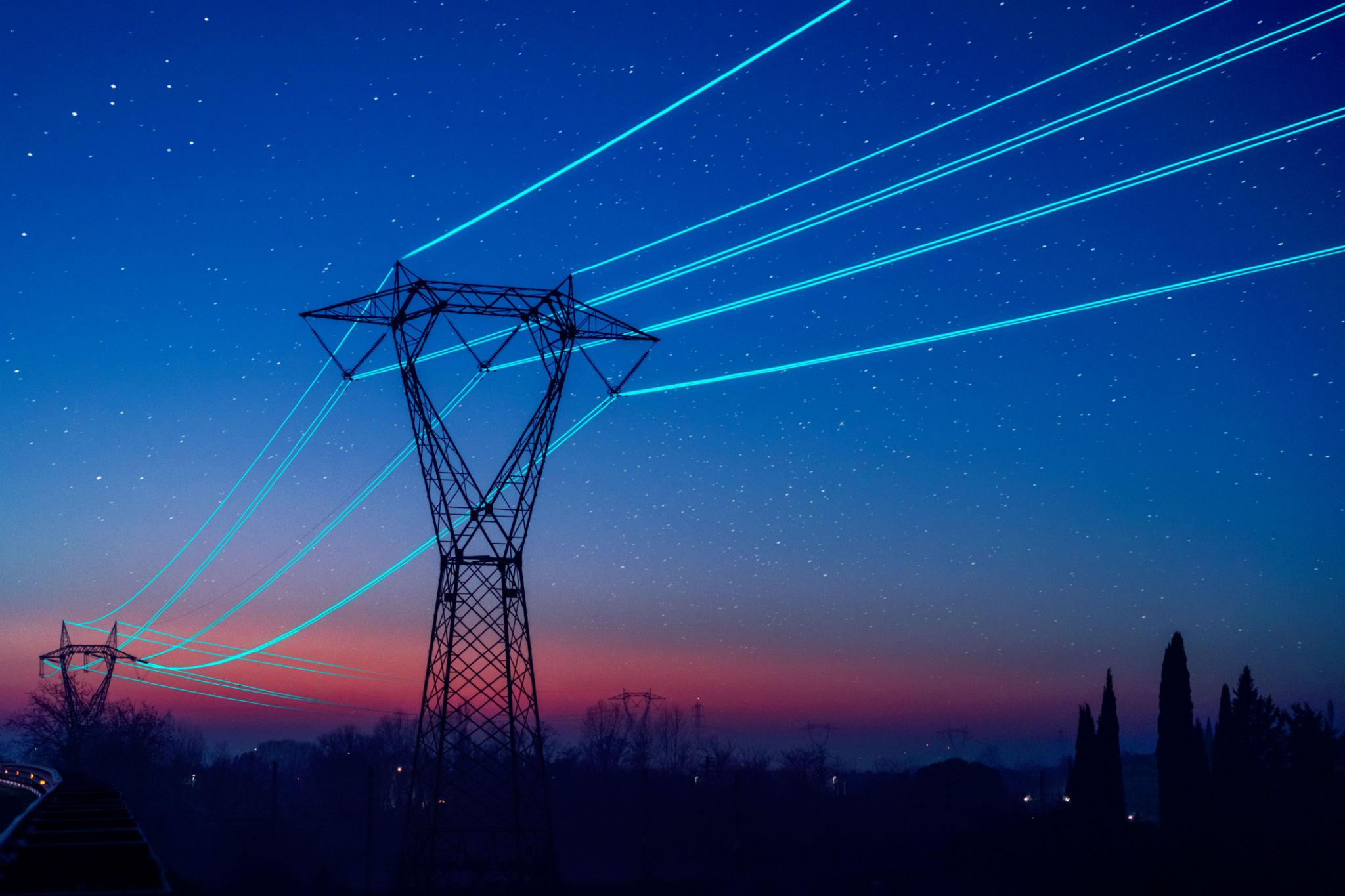Solar Panels vs. Traditional Energy: Which is Better for Your Home?
Understanding Solar Panels
Solar panels have become an increasingly popular choice for homeowners looking to reduce their energy costs and minimize their environmental impact. By harnessing the power of the sun, solar panels convert sunlight into electricity, providing a renewable energy source that can significantly lower utility bills. This technology is not only sustainable but also offers a degree of energy independence.
One of the major advantages of solar panels is their ability to generate electricity with zero emissions, making them an eco-friendly alternative to traditional energy sources. Additionally, advances in technology have made solar panels more efficient and affordable than ever before.

Cost Considerations
When comparing solar panels to traditional energy sources, cost is a critical factor. The initial investment for solar panels can be substantial, but many homeowners find that the long-term savings on electricity bills make it worthwhile. Furthermore, government incentives and rebates can help offset some of these costs, making solar panels more accessible.
Traditional energy sources, such as coal and natural gas, often have lower upfront costs. However, fluctuating prices and potential future increases in energy costs can make them less predictable in the long term.
Traditional Energy Sources
Traditional energy sources have been the backbone of electricity generation for decades. They include fossil fuels like coal, oil, and natural gas, which are burned to produce electricity. While these sources are widely available and currently less expensive to implement initially, they come with significant environmental drawbacks.

Fossil fuels are notorious for their contribution to greenhouse gas emissions, which contribute to climate change. Additionally, the extraction and transportation of these resources can have detrimental impacts on local ecosystems.
Reliability and Energy Efficiency
One advantage of traditional energy sources is their reliability. Unlike solar panels, which depend on sunlight, traditional power plants can generate electricity around the clock. This ensures a consistent supply of power regardless of weather conditions or time of day.

However, solar technology is rapidly advancing in reliability and efficiency. Modern solar panels are designed to generate energy even on cloudy days and advancements in battery storage mean that excess energy can be stored for use when sunlight is not available.
Environmental Impact
The environmental impact of your energy choice is another important consideration. Solar panels have a minimal environmental footprint once installed, as they do not emit any pollutants during operation. This makes them an attractive option for environmentally conscious homeowners.
In contrast, the use of traditional energy sources involves significant environmental costs, including air and water pollution from power plants and the destruction of natural habitats during resource extraction.
Making the Right Choice for Your Home
Deciding between solar panels and traditional energy sources depends on various factors specific to your situation. Consider your budget, location, and long-term goals when making this decision. Some homeowners may find that a combination of both solar and traditional energy provides the best balance between cost and reliability.
Ultimately, the choice between solar panels and traditional energy should align with your priorities, whether they are financial savings, environmental responsibility, or energy independence.